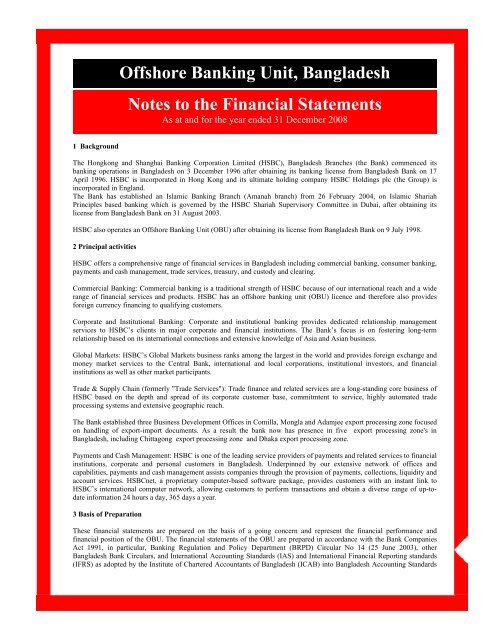Insider Insights on Navigating Offshore Firm Development Efficiently
The ins and outs entailed in navigating the complexities of offshore firm formation can be daunting for even skilled entrepreneurs. As we dive into the nuances of selecting the appropriate territory, recognizing legal needs, managing tax effects, establishing banking connections, and making certain compliance, a wealth of knowledge awaits those looking for to understand the art of overseas company formation.

Selecting the Right Jurisdiction
When thinking about overseas firm formation, choosing the appropriate territory is a crucial choice that can considerably impact the success and procedures of the service. Each jurisdiction uses its very own set of lawful frameworks, tax obligation regulations, personal privacy regulations, and economic incentives that can either impede a firm or benefit's objectives. It is necessary to perform extensive study and seek professional guidance to make sure the picked jurisdiction straightens with the company's goals and requirements.
Factors to take into consideration when selecting a jurisdiction consist of the political and economic stability of the area, the convenience of doing business, the level of monetary personal privacy and privacy offered, the tax ramifications, and the regulatory environment. Some jurisdictions are known for their favorable tax frameworks, while others prioritize personal privacy and asset protection. Comprehending the unique qualities of each jurisdiction is essential in making an educated choice that will certainly sustain the long-term success of the offshore company.
Ultimately, selecting the best jurisdiction is a tactical action that can provide possibilities for development, asset protection, and operational performance for the overseas business.
Recognizing Legal Needs
To make certain conformity and authenticity in offshore business development, a detailed understanding of the lawful needs is important. Different territories have varying legal structures regulating the facility and operation of offshore companies. It is necessary to carry out thorough research study or look for professional recommendations to understand the specific lawful specifications in the picked territory. Typical lawful needs might include signing up the business with the suitable governmental bodies, sticking to anti-money laundering guidelines, preserving precise financial documents, and fulfilling tax obligations. Furthermore, understanding the reporting demands and any necessary disclosures to regulatory authorities is essential for recurring compliance. Failing to abide by legal needs can result in severe effects, such as fines, fines, or also the dissolution of the offshore firm. Staying notified and up to day with the legal landscape is important for effectively navigating overseas firm formation and making certain the lasting sustainability of the business entity.
Browsing Tax Obligation Effects
Understanding the intricate tax ramifications connected with offshore company formation is important for making sure compliance and enhancing monetary techniques. Offshore firms often provide tax benefits, yet browsing the tax landscape calls for comprehensive knowledge and correct preparation. One vital factor to consider is the principle of tax obligation residency, as it figures out the jurisdiction in which the company is taxed. It's important to understand the tax laws of both the overseas territory and the home country to prevent dual tax or unintentional tax effects.

Furthermore, transfer rates laws must be thoroughly examined to make certain deals in between the offshore entity and related parties are performed at arm's length to prevent tax evasion allegations. Some territories provide tax obligation rewards for certain sectors or tasks, so recognizing these incentives can assist optimize tax cost savings.
Moreover, remaining up to date with developing global tax obligation policies and compliance needs is essential to avoid charges and keep the firm's reputation. Seeking visit the website specialist suggestions from tax obligation professionals or consultants with experience in overseas tax obligation issues can provide beneficial understandings and make certain a smooth tax preparation process for the offshore firm.
Setting Up Financial Relationships
Establishing protected and trustworthy banking relationships is a vital step in the procedure of offshore business development. When setting up banking relationships for an overseas company, it is important to select reputable monetary institutions that provide solutions tailored to the particular needs of worldwide organizations.
Furthermore, before opening a savings account for an overseas company, comprehensive due diligence procedures are normally required to validate the legitimacy of the company and its stakeholders. This may involve providing in-depth documents about the business's tasks, source of funds, and advantageous owners. Building a transparent and cooperative partnership with the chosen bank is key to navigating the intricacies of overseas financial efficiently.
Making Certain Conformity and Coverage
After developing safe financial relationships for an overseas company, the next essential step is making sure compliance and reporting steps are carefully followed. Compliance with international laws and local legislations is extremely important to maintain the legitimacy and credibility of the overseas entity. This includes sticking to anti-money laundering (AML) and recognize your consumer (KYC) demands. Routine reporting responsibilities, such as monetary statements and tax filings, need to be fulfilled to remain in great standing with governing authorities. Engaging monetary and legal specialists with knowledge in overseas jurisdictions can help navigate the intricacies of compliance and reporting.

Failing to abide by guidelines can result in extreme charges, fines, and even the retraction of the my website overseas company's permit. Staying cautious and positive in guaranteeing conformity and reporting needs is critical for the long-lasting success of an overseas entity.
Final Thought
Finally, successfully browsing offshore business development calls for careful factor to consider of the jurisdiction, legal demands, tax effects, banking connections, compliance, and reporting. By understanding these crucial aspects and ensuring adherence to guidelines, companies can develop a strong structure for their offshore procedures. It is critical to seek specialist guidance and know-how see post to navigate the complexities of overseas firm formation effectively.
As we dig right into the nuances of selecting the best jurisdiction, understanding lawful needs, taking care of tax ramifications, establishing banking relationships, and ensuring compliance, a riches of knowledge waits for those seeking to grasp the art of overseas business development.
When taking into consideration overseas firm formation, choosing the suitable territory is a critical choice that can significantly affect the success and procedures of the service.Understanding the intricate tax ramifications associated with offshore business development is critical for making sure compliance and maximizing economic methods. Offshore business commonly offer tax advantages, however navigating the tax landscape requires detailed knowledge and appropriate planning.In final thought, successfully navigating overseas firm development needs careful factor to consider of the jurisdiction, lawful demands, tax obligation ramifications, banking partnerships, compliance, and reporting.